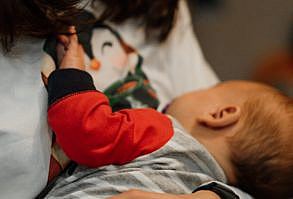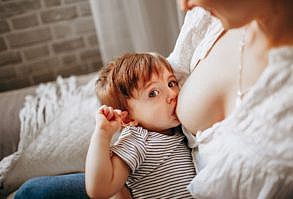Today, let’s talk about whether or not sick mothers can breastfeed. Breastfeeding is one of motherhood’s most challenging and emotionally draining tasks. It can be quite taxing for mothers to be sick while caring for their children. Being a mother is an emotional roller coaster that involves delight, concern, and sadness, as well as a lot of work to put your baby’s needs first. It can be challenging to be sick as well as breastfeeding your child when you both are developing a bond through it. Our elders always advise weaning until you recover from illness so that your child won’t catch it. But here’s the good news that’s not how it works.
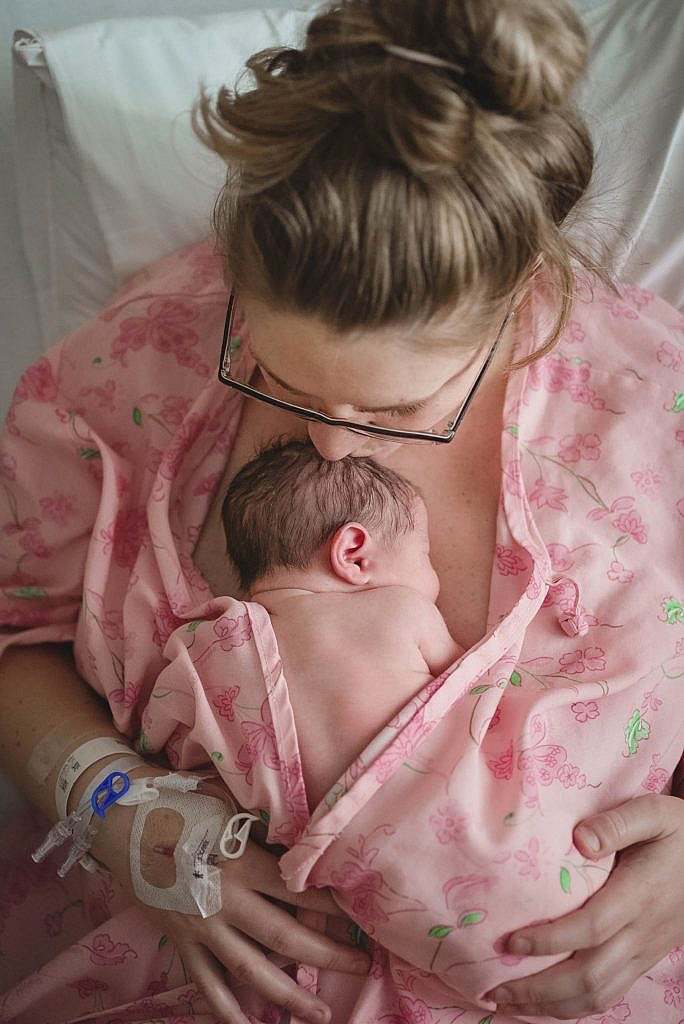
What is so Special about Breastmilk?
The only source of power for your newborn is your breast milk. Babies’ bodies receive the most effective defence against infections and disease from breast milk, which also helps them develop their immunity. Let’s talk about the composition of breast milk. What makes it so special? The early milk your breasts create after giving birth is known as colostrum; this sticky and thick milk is sometimes referred to as “liquid gold.” It contains a whole package of nutrients with tones of immunity, and it constantly changes to meet the needs of your baby. Many living cells, growth hormones, significant carbohydrates, proteins, and powerful antibodies are all present. The most amazing aspect of breastmilk is how its makeup adapts to your baby’s changing needs as they grow.
Can Sick Mothers Breastfeed Their Baby?
This frequently asked but easily twisted question has a yes answer. Even when you are ill or have a little infection, breastmilk is perfectly safe for your infant. Breast milk cannot transmit any contagious microorganisms, so you shouldn’t worry about making your baby sick. It can spread antibodies that can fend against any disease. Mommies should rest comfortably so that if they become ill while nursing, as long as it’s not anything serious, they can continue living their usual lives.
Contrary to popular opinion, your kid has a much higher probability of contracting a sickness if you don’t feed them when you’re sick. It is solely because your breastmilk contains all the necessary antibodies for your infant to fight off harmful microorganisms. Breastfeeding provides your child with more than just food, nourishment, or antibodies; it also gives your child safety and peace. As a result, when you have a contagious sickness like the flu, a viral infection, or a cold, your breast milk won’t spread the virus to your baby, but it will undoubtedly serve as a source of antibodies. You might be startled to learn that your baby was exposed to the illness before you were ill.
But mommies, if you are taking medications for your sickness, The best option for a nursing mother is typically a drug that is safe for babies. In any case, it’s a good idea to keep an eye out for any adverse effects on infants. When a mother takes medicine, her kid typically receives far less through breastfeeding than he would when pregnant.
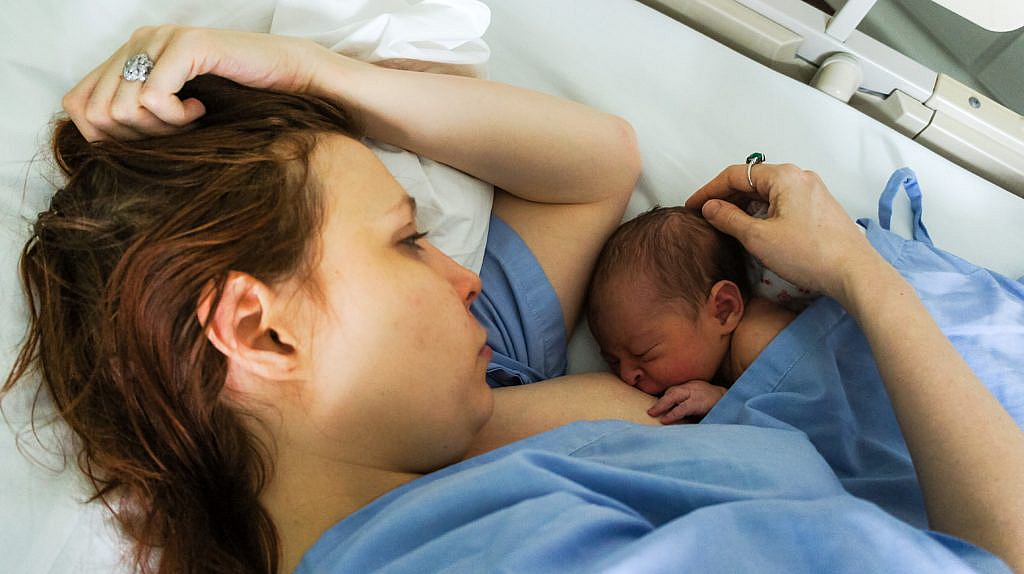
When Should You Stop Breastfeeding?
As a new mother, you may have many questions. Therefore, it is best to speak with your doctor about it. Breastfeeding is the most important time for both the baby and the mother. The doctor will evaluate the situation to determine whether a woman should cease breastfeeding due to environmental exposure or a medical problem. But, according to specialists, there are some major illnesses where you should think twice about choosing to breastfeed your infant or, at the very least, see your doctor. If you are currently infected with HIV, herpes, t cell lymphotropic virus, the Ebola virus, or tuberculosis. Upon beginning any new medications, you must also consult your doctor.
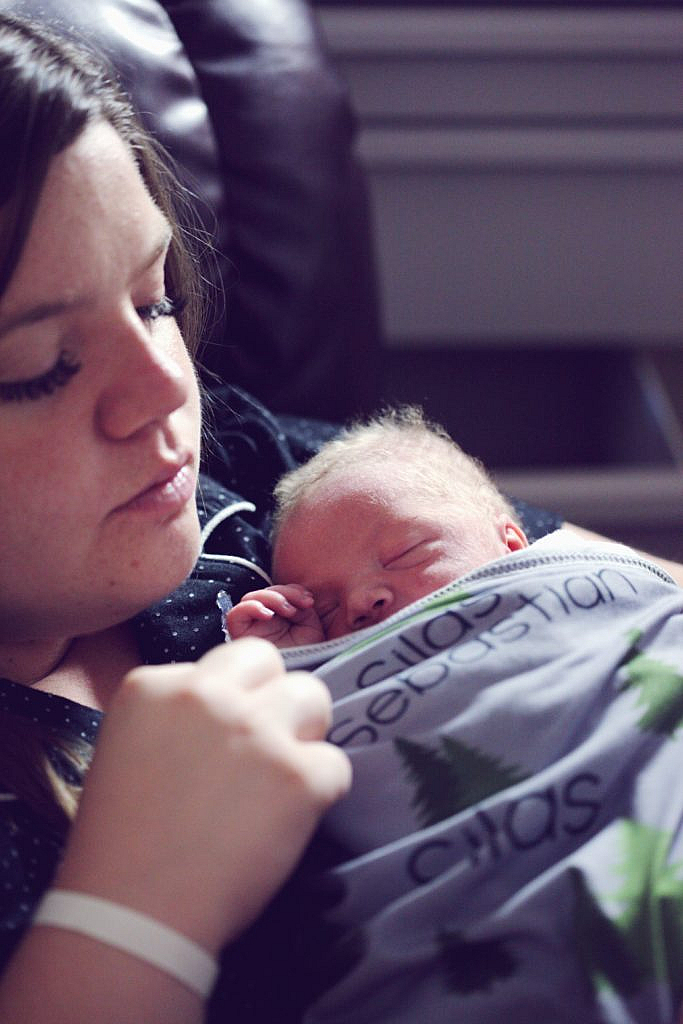
As first-time parents or a mom, we are familiar with how challenging it may be to focus constantly on your children’s well-being while your body is healing. The first step in taking care of the child is to take care of yourself since a good mother is a healthy mother. Yet, there are a few things you need to remember when breastfeeding your child. Make sure you wash your hands before you touch your baby to limit transmitting any germs, limit face-to-face contact, avoid coughing and sneezing on the baby, drink lots of fluids to prevent dehydration, and avoid using meds that can affect your milk production.
However, while being sick, maintaining your breastfeeding schedule will also help you escape your chaos so you can take breaks throughout the day to unwind. Breastfeeding has been shown to reduce the risk of various diseases, including diabetes, ovarian cancer, breast cancer, and hypertension. You may recuperate from childbirth more swiftly and easily with its aid. Breastfeeding hormones speed up the uterus’ return to its normal size.

